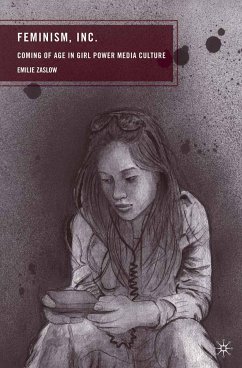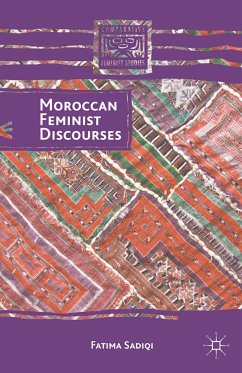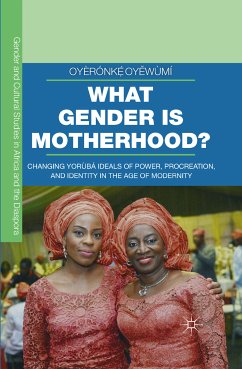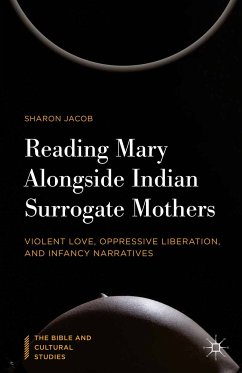
Feminism, Family, and Identity in Israel (eBook, PDF)
Women's Marital Names
Versandkostenfrei!
Sofort per Download lieferbar
40,95 €
inkl. MwSt.
Weitere Ausgaben:

PAYBACK Punkte
20 °P sammeln!
Women's inner struggle over their marital names reveal how they negotiate a specific identity location in each dimension of identity. This book tackles a complex sociological project of examining three existing theories, and will prove to be important for the study of Gender and Middle Eastern Culture.
Dieser Download kann aus rechtlichen Gründen nur mit Rechnungsadresse in A, B, BG, CY, CZ, D, DK, EW, E, FIN, F, GR, HR, H, IRL, I, LT, L, LR, M, NL, PL, P, R, S, SLO, SK ausgeliefert werden.












